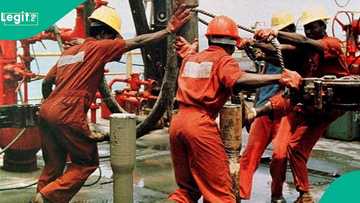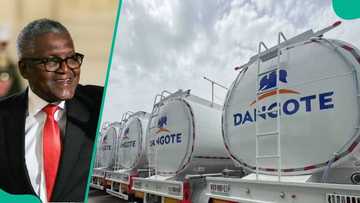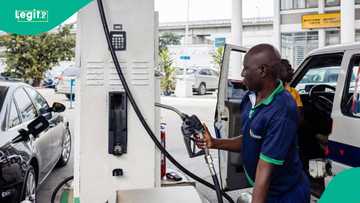Petrol Consumption Drops As NNPC, Other Filling Stations Announce New Prices
- Official data has shown that petrol consumption by Nigerians is on the decline amid changes in pump prices
- In June 2025, Nigerians consumed 28% less as Compressed Natural Gas became an alternative to rising fuel prices
- Many filling stations report slow sales, and have revealed that they take up to two months to sell a 30,000-litre truck
Legit.ng journalist Dave Ibemere has over a decade of experience in business journalism, with in-depth knowledge of the Nigerian economy, stocks, and general market trends.
Petrol consumption in Nigeria has dropped by 28% in the past two years as higher pump prices continue to be a burden to citizens.
Latest figures released by the Nigerian Midstream and Downstream Petroleum Regulatory Authority (NMDPRA) indicated that average daily petrol consumption dropped to 49.28 million litres in June 2025.
This represented a massive drop when compared to 68.35 million litres in June 2023.
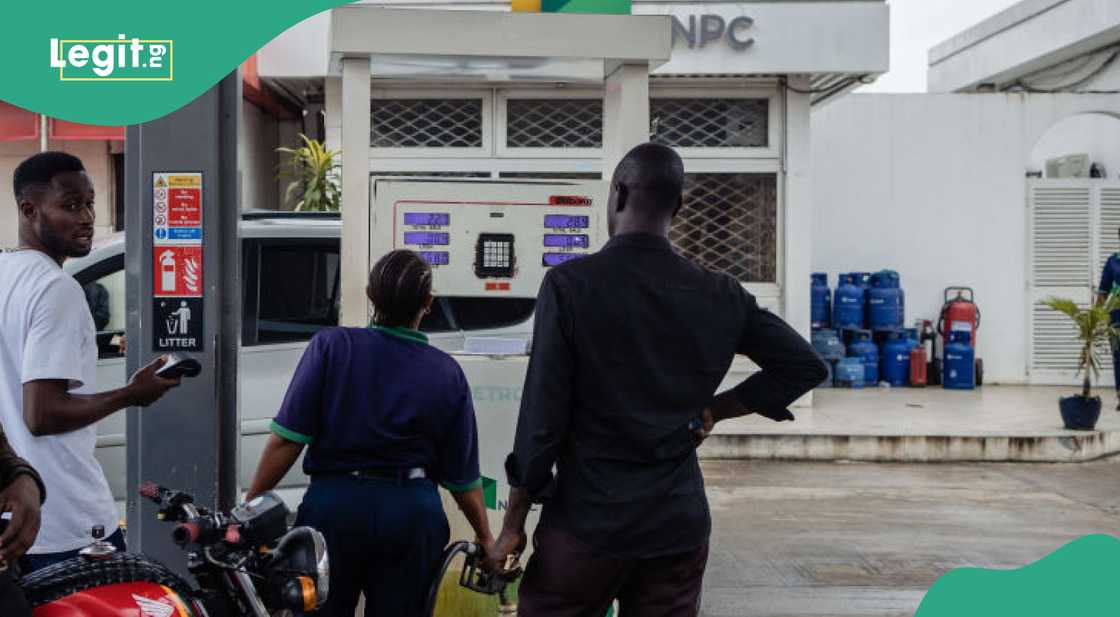
Source: Getty Images
Why do petrol prices change?
Since President Bola Tinubu ended the subsidy programme during his inauguration in May 2023, petrol prices have increased from the average of N195 per litre to over N800 per litre in Lagos and over N900 in Abuja and other states.
A survey showed that filling stations across major cities, including outlets of the Nigerian National Petroleum Company Limited (NNPCL), have announced petrol at N865 per litre in Lagos and N890 per litre in Abuja.
MRS, Ardova, and several other filling stations that buy directly from the Dangote Refinery also sell at N865 per litre.
Only a few filling stations in Lagos sell below N865.
In the North-East, motorists will now pay N895 per litre, while prices in the North-West and Central regions stand at N885. In the South-South and South-East, the price is N895 per litre.
As fuel prices more Nigerians now consider CNG as a good alternative.
Fuel station owners complain of low sales
Vanguard reports that several fuel station owners are complaining of low sales due to the pump prices
Ibrahim Gambo, manager of RYBL Services in Abuja, was quoted as saying:
“At our station, it now takes nearly two months to sell one 30,000-litre truck,” said . “People buy fuel only when it is absolutely necessary. Even generators are used sparingly now.”
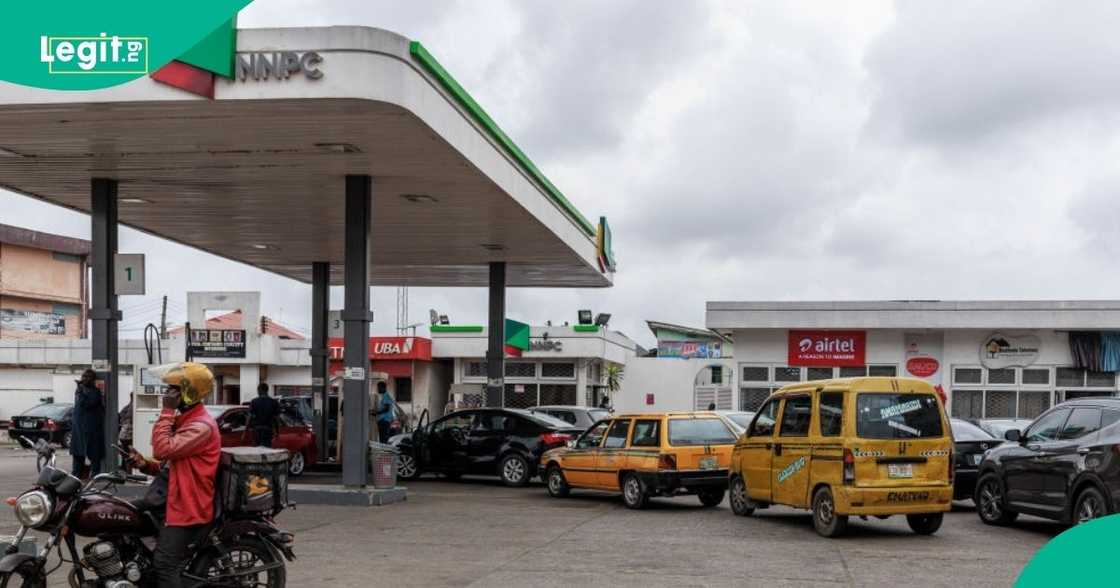
Source: Getty Images
Similar patterns were observed in Asaba, Kano, Kaduna and Nasarawa, where independent marketers reported empty forecourts while outlets with slightly cheaper prices drew in vehicles, tricycles and motorcycles.
Reacting, Independent Petroleum Marketers Association of Nigeria (IPMAN) spokesman Chinedu Ukadike said:
“Turnover has dropped to as low as one truck every one or two months,” said “If nothing changes, independents could disappear by 2028.”
Energy analyst Henry Adigun blamed frequent pump price adjustments, adding that it undermining confidence in the downstream sector.
He said:
“Competition must be fair and predictable. Otherwise, marketers will be unable to recover loans, and investment will suffer."
Depots reduce petrol prices
Earlier, Legit.ng reported that Petrol prices in Nigeria were set to change again as competition between Dangote refinery and private depot owners intensifies.
New data showed that private depots are slashing their rates below that of the Dangote Petroleum Refinery.
The price war extends beyond petrol and also includes Automotive Gas Oil (AGO), commonly known as diesel.
Proofreading by James Ojo, copy editor at Legit.ng.
Source: Legit.ng


